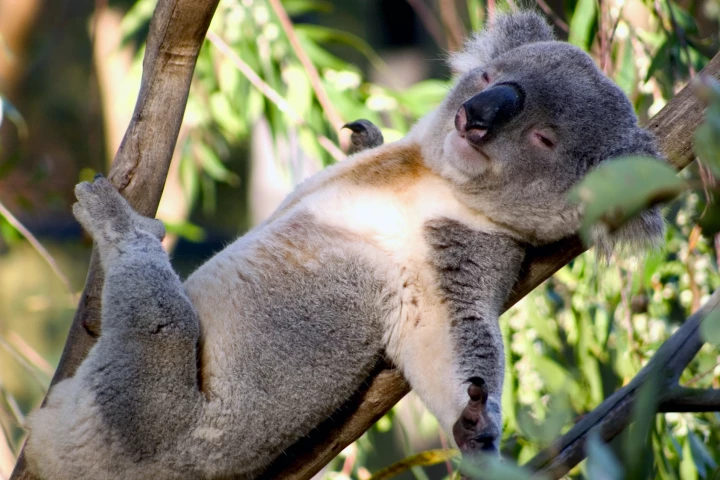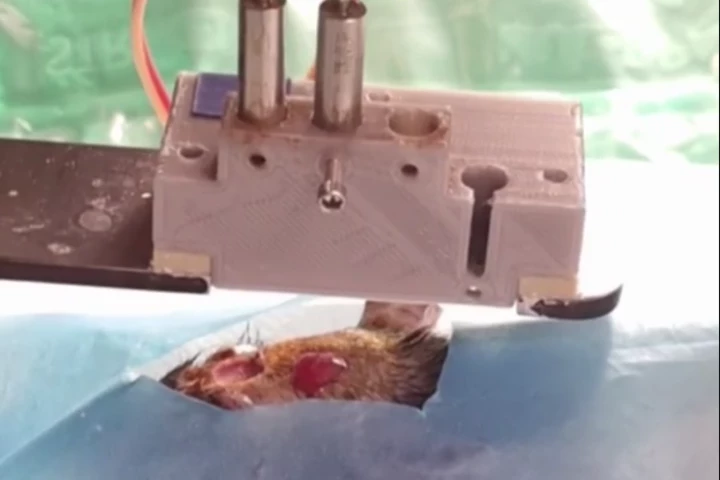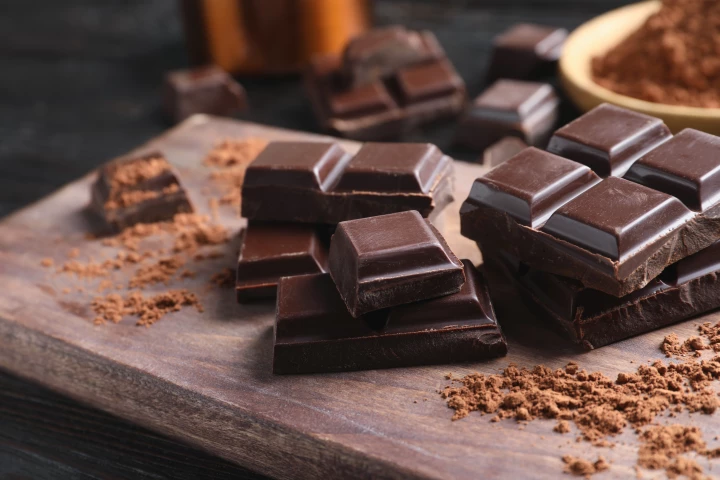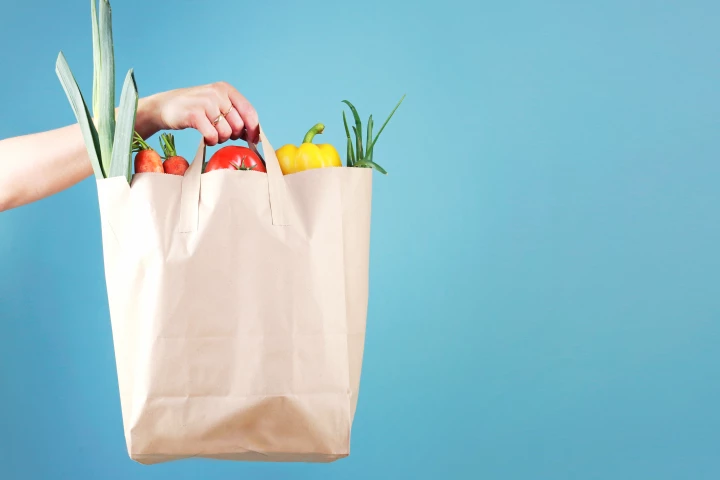Pennsylvania State University
-
When it comes to life expectancy in high-income English-speaking countries, a new study has found that America has sat in last place since 2001. Australia remains the best performer and, the researchers say, should serve as a model for how the US can do better.
-
Researchers have identified an enzyme that's key to updating existing memories with new information, a process that declines naturally with age. Blocking the enzyme reduced memory impairment, opening the door to developing treatments for age-related memory problems.
-
A new technique may make it easier to selectively breed crop plants for better, deeper roots. The non-destructive process involves quickly checking a plant's leaves to see how far down its roots go into the soil.
-
In many cases nature has better versions of our tech. The newest example comes from a common insect in your backyard, which makes nanoscale soccer balls that hide it from predators – inspiring new, better UV protection and maybe even cloaking tech.
-
In a world first, researchers have printed multi-layered, living skin directly onto significant injuries in rats for scar-free skin repair. It's not sci-fi – they're genuinely 3D-printing skin (and possibly hair) right into damaged areas.
-
While chocolate will likely never be an overall healthy food, it would be good if there could at least be a lower-sugar version of it that people liked just as much as the real thing. Well, it turns out that oat flour could help make that happen.
-
Smartphones versus personal computers. One tends to be used more for ‘play,’ while the other is favored for work. A new study has found that the way we process deceptive online information very much depends on the device we’re using to view it.
-
Researchers have uncovered a protein that facilitates the spread of breast cancer cells into healthy tissue. The discovery improves our understanding of the metastatic process and is the first step to developing treatments that target this mechanism.
-
Let's face it: food that tastes delicious is usually bad for us. But new research shows that a simple preparation trick can dramatically slash fat, sodium and added sugars while making foods like brownies and meatloaf taste just as good.
-
Despite its many advantages, glass has one major Achilles' heel – it’s brittle. Now, engineers at Penn State have developed LionGlass, a new form that's not only 10 times more damage resistant, but requires significantly less energy to manufacture.
-
Coal is not thought of as clean fuel, but it might yet have a role to play in the push for greener energy. Researchers say that it could be great for storing hydrogen gas, one of the most promising clean fuel sources currently being explored.
-
While we use around five trillion plastic bags every year, disposable alternatives aren't that much better. A group of scientists, however, want us to rethink the humble paper bag, making it super strong, durable and a handy source of biofuel.
Load More











